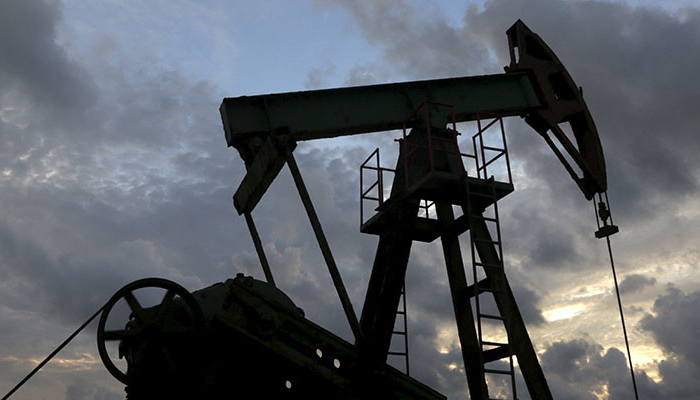The United States is in talks with Canada and other allies about a price cap for Russian oil. In this way, the western countries want to ensure that Russia can earn less money from the sale of oil, while countries that are heavily dependent on Russian oil can continue to buy the stuff.
US Treasury Secretary Janet Yellen has indicated at a press conference in Toronto, Canada that price caps are being considered. These could amplify the impact of previous measures by the European Union, the US, the United Kingdom and other countries, without Russian oil disappearing completely from the world market.
The US and Canada have already imposed bans on Russian oil imports as part of sanctions over the war in Ukraine. And the European Union decided to stop most of the imports of Russian oil, on which the continent is heavily dependent, later this year. But these kinds of embargoes are not feasible everywhere. Even in Europe, there is still a temporary exception for the EU Member States that, due to their location, are dependent on Russian supplies and have no viable alternatives.
Meanwhile, Russia still earns a lot from the export of crude oil and petroleum products. The International Energy Agency (IEA) previously calculated that this generated more than 19 billion euros in May. Russia is benefiting from the high oil prices. Because of the war, Western customers buy much less oil from Russia, but this is partly compensated by larger purchases by, for example, China and India. Those countries demand significant discounts from Russia.

